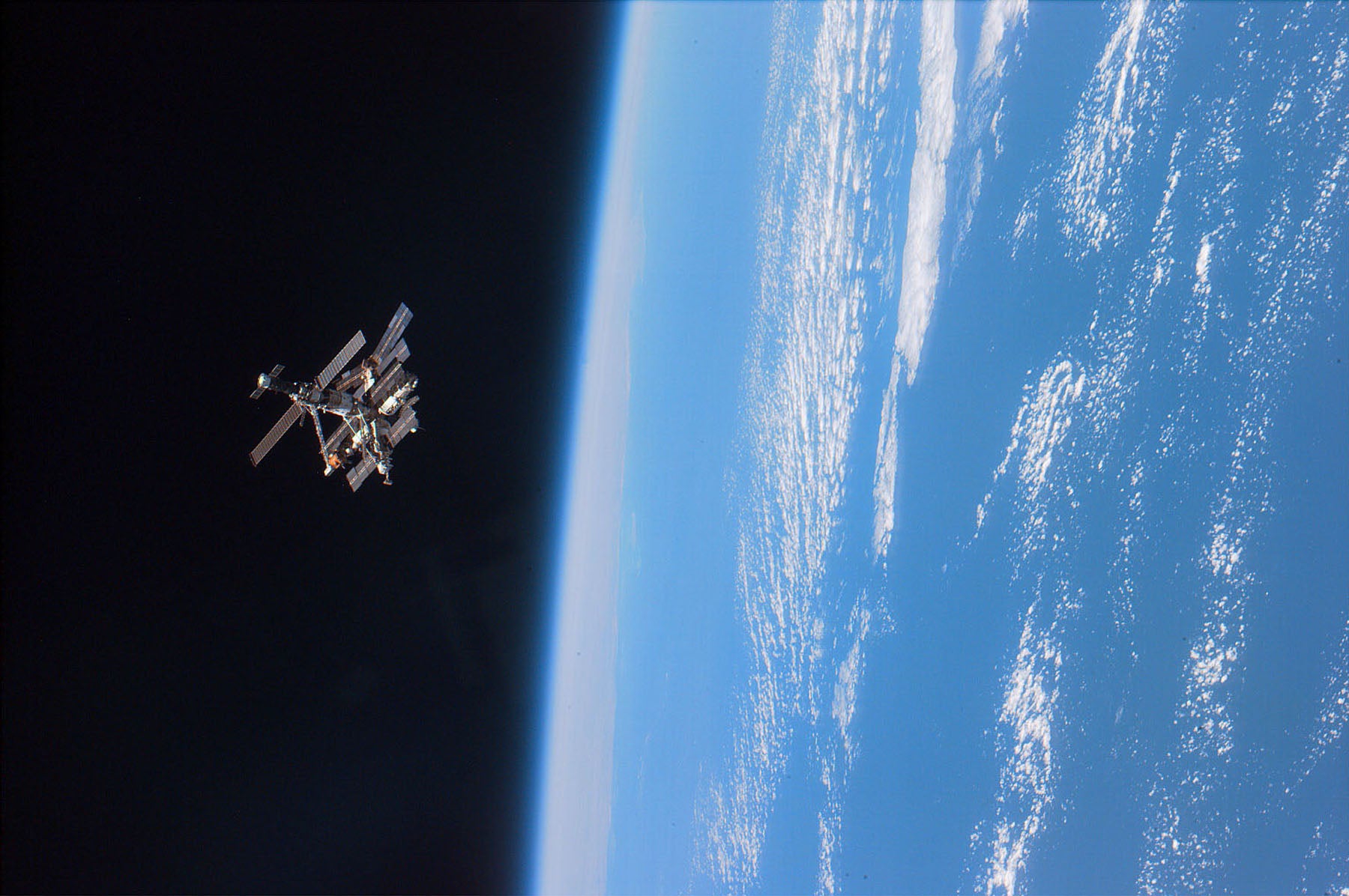Space flights and satellite launches can now ‘blast off’ from the UK – with the first happening next year
The new laws mean it will be the first time a craft has been sent from a European country

Space flights and satellite launches can now be conducted from the UK with the passing of new regulations.
Transport Secretary Grant Shapps announced the new laws today, which will provide a framework to regulate the space industry and will unlock "a potential £4 billion of market opportunities over the next decade", according to the Department for Transport (DfT).
The first launch is expected to take place next year, and it would be the first time a spacecraft or satellite has taken off from a European country according to the DfT.
Many European companies currently launch from a site in French Guiana, South America.
Proposed locations for UK spaceports are Newquay in Cornwall, Snowdonia in North Wales, and the Western Isles, Glasgow, Machrihanish, Sutherland and Shetland, all in Scotland.
It is hoped the UK space industry will launch satellites to improve satnav systems, and boost the monitoring of weather patterns and climate change.
Space tourism trips and hypersonic flights - which are faster than the speed of sound - will eventually launch from the UK, the DfT claimed.
Mr Shapps said: "We stand on the cusp of the new commercial space age, and this is the blast-off moment for the UK's thriving space industry, demonstrating Government's commitment to put Britain at the global forefront of this sector.
"These regulations will help create new jobs and bring economic benefits to communities and organisations right across the UK, helping us to level up as we inspire the next generation of space scientists and engineers."
Howard Nye, president of the Royal Aeronautical Society, said it was a "landmark day for the UK's space sector".
The Civil Aviation Authority (CAA) has been formally appointed as regulator of the UK space industry following 18 months of preparation.
The body announced it is ready to receive applications for launch licences.
Colin Macleod, head of UK space regulation at the CAA, said it has built an "experienced team working across policy, engineering and licensing".
He added: "We will act in a safe, secure and sustainable manner to protect the people and property involved, other airspace users and enable a growing and active space industry."
Safety incidents involving space flights in or over the UK will be investigated by the Air Accidents Investigation Branch, which already examines aviation accidents.
Crispin Orr, chief inspector of spaceflight accidents, said: "Our inspectors will conduct spaceflight investigations with the same rigour, expertise and professionalism that we are renowned for in aviation."
The news comes soon after Jeff Bezos, the head of Blue Origin, and Richard Branson of Virgin Galactic both sent themselves to high altitudes as demonstrations of the prowess of their respective companies.
Mr Branson and Virgin Galactic’s space plane Unity reached a maximum height of about 280,000 feet, or 55 miles, before gliding back down to Earth on 11 July. Mr Bezos, meanwhile, achieved an altitude of 66 miles, and is planning more launches.
Blue Origin intends to send people further into space and onto other objects such as the Moon in the future - but for now is only planning for lower-altitude tourist flights, likely with an expensive price tag.
Additional reporting by Press Association
Join our commenting forum
Join thought-provoking conversations, follow other Independent readers and see their replies
Comments